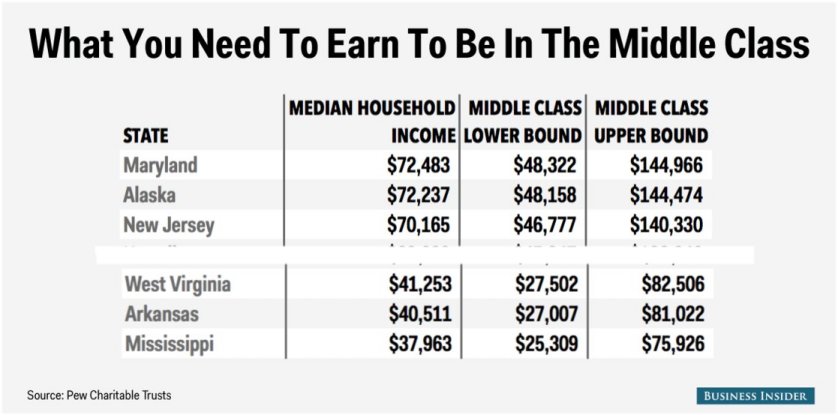Sandy & Shirley
Recycles dryer sheets
The other thing to remember about Roth Conversions is to try to do them before the year you turn 63.
The year you turn 65 and apply for Medicare, they will look back two tax years, the year you turn 63, to determine your MAGI, Modified Adjusted Gross Income, and they will then use this number to determine your Medicare premium. Each year after that they will continue to look back two tax years to determine your premium for the next year.
The year you turn 65 and apply for Medicare, they will look back two tax years, the year you turn 63, to determine your MAGI, Modified Adjusted Gross Income, and they will then use this number to determine your Medicare premium. Each year after that they will continue to look back two tax years to determine your premium for the next year.

